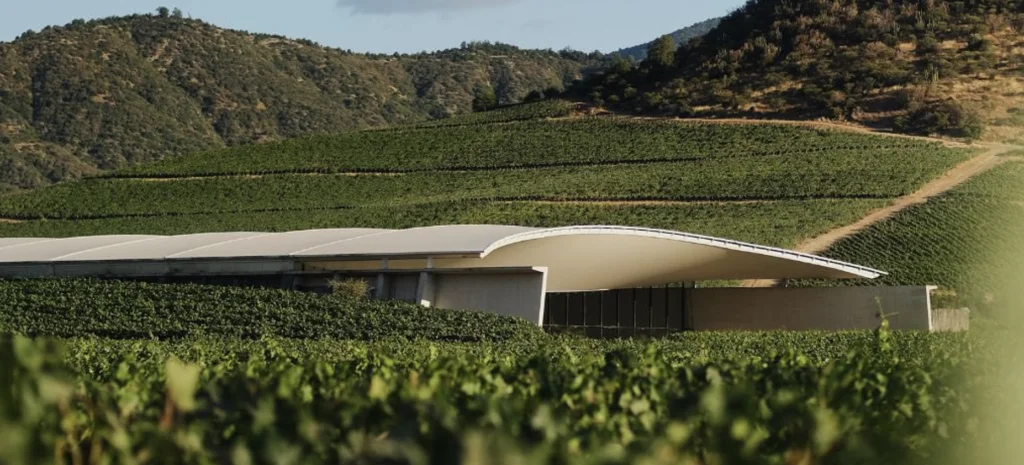The digital world keeps integrating with the physical realities as advancement in technology continues. There is nowhere else where the integration is more obvious than in the rise of non-fungible tokens (NFTs) across many sectors of the global economy.
From music and art to alcohol and sports, NFTs seem to be creating a major buzz, and investors like them. The alcohol sector, specifically, is now seeing an integration of tradition and technology as bottles get tokenized to guarantee authenticity and provide distinct rewards.
VIK Winery Is Pioneering Wine NFTs In Chile
One notable operator in this innovative charge is VIK, the first winery in Chile to extensively tokenize its products. Upon buying the VIK NFT, owners have the double benefit of trading their digital assets or redeeming them to get the physical items – in that case, the sought-after double magnum of VIK 2018.
One convincing aspect of the wine NFTs is the traceability offered by the digital token, offering the buyer full transparency on the wine’s location. VIK was awarded as the top Chilean winery on the World’s Best Vineyards 2023” list and got third place among the global top 50 wineries.
Nevertheless, the real appeal lies in the distinct digital signature every NFT owns. The authenticity enhances the product’s appeal in markets where collectible value is important, including fine wine. The investors who acquire an NFT receive a distinct digital token, an incontrovertible proof of their product ownership, guaranteeing that it remains free from manipulation or forgery.

Care And Storage Of Tokenized Wine Bottles
Those who are wondering about the physical storage of the tokenized double magnums remain in the care of VIK’s vineyard that is overseen by Chief Winemaker Cristian Vallejo. From the time of buying, the wines get all the specialized and enhanced care their cellaring demands until the owner decides to claim them.
On that note, the selected wine for tokenization is VIK’s acclaimed 2018 edition. Intensifying its appeal, the limited edition will just be available as a non-fungible token, straight from VIK’s digital platform or for visitors to the Millahue winery. Traditional retail purchase is not an option in this case. As for the cost, these NFTs cost 175 MATIC, based on reports published on their website. When converted using the current exchange rates, that price translates to nearly £108.
Trustworthiness Of NFTs Via Blockchain
At the foundation of each NFT stands the resilient framework of blockchain technology. In contrast to conventional databases overseen by a singular entity, blockchains function via a multitude of interconnected computers, each maintaining an identical version of the ledger.
This decentralized architecture mandates a consensus across the network to validate alterations, thereby upholding the integrity of newly introduced data. This robust security paradigm has gained substantial momentum within the alcohol sector, as evidenced by the growing proliferation of blockchain-powered initiatives.
The consistent nature of blockchain technology is what renders NFTs highly reliable. Interestingly, the development of an NFT sees its information, from its base and origin to ownership history and other important details, securely stored on the blockchain. This guarantees the NFT’s uniqueness, its provenance traceable with precision, which bestows an unparalleled level of authenticity.
As we review the interesting blend of the time-honored tradition of winemaking with advanced technology, it is clear that the Web3 wave is rapidly gaining momentum. With notable ventures like VIK’s tokenized bottles, adopting Web3 concepts is now accelerating, restructuring entire industries and how we consider authenticity and value. As the physical and digital worlds keep integrating, the possibilities that come with the integration seem unlimited and exciting.

